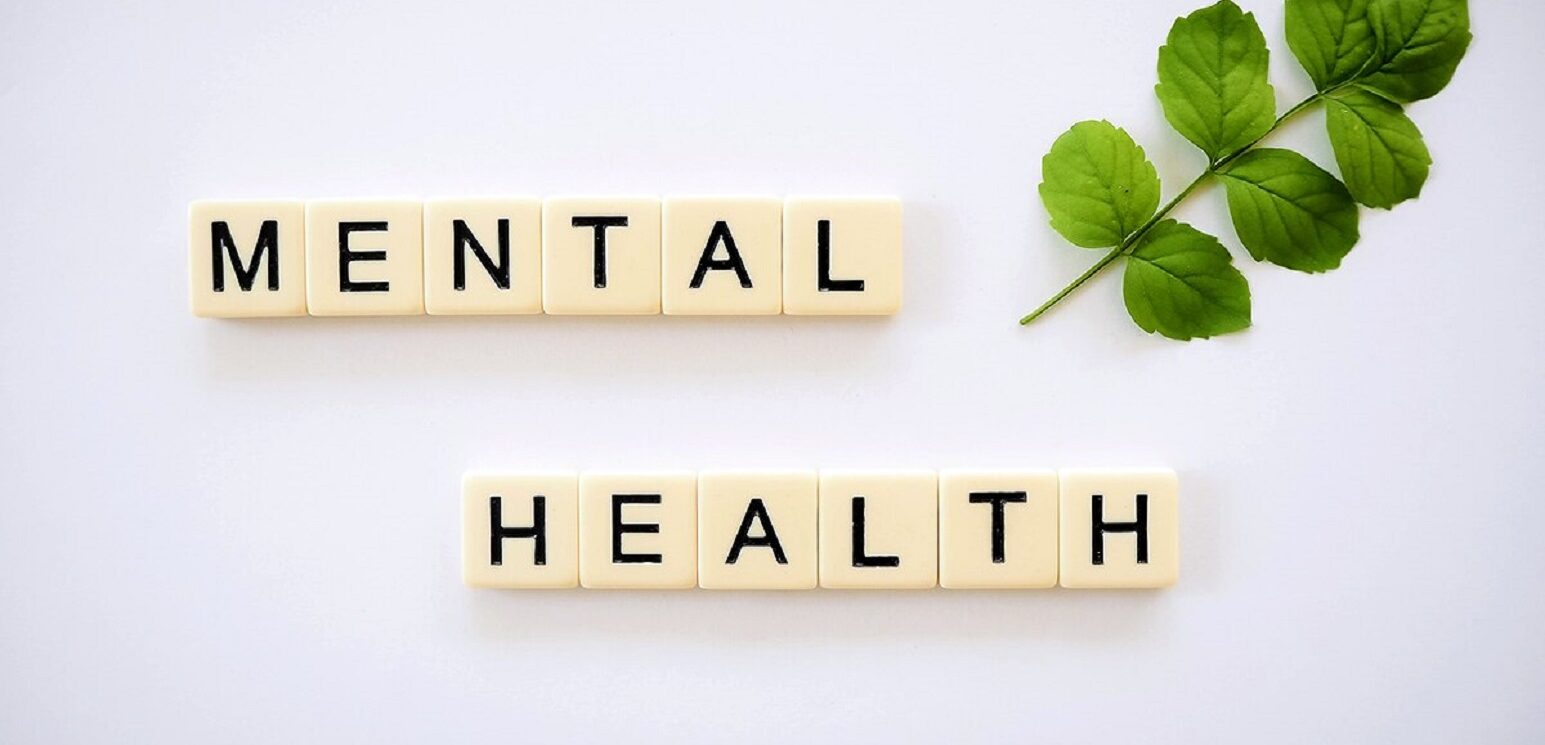The COVID-19 pandemic has had a major effect on our lives during the past year; it will continue to affect us in many ways during the next several months or even longer. We may feel overwhelmed and stressed and have less energy during the pandemic and the post-pandemic periods. For example, social distancing can make us feel isolated or increase our anxiety. Too much negative news about the COVID-19 pandemic can make us feel anxious or stressed. Emotional support is essential for us in coping with all kinds of stress and improving our mental health during the pandemic.
Stress may occur at any time and place. Some of us may have felt frustrated or stressed at the very beginning of the pandemic. Some may feel stressed after experiencing something related to the virus or by the spread of negative emotions. Others may feel anxious if they are exposed to too much information about the pandemic, particularly on the internet and social media. It is important for us to receive emotional support to deal with all kinds of negative moods.
Taking myself as an example, I felt very stressed about visiting a dental office after I learned that people could get COVID-19 by doing so. Then, I talked to my friends about my feelings. They comforted me and helped me cope with my stress. I did not know how important emotional support could be when facing fears. Now, I see the importance.
What Is Emotional Support?
Emotional support involves expressing care and concern and offering encouragement. More specifically, it comes in the forms of care, empathy, understanding, trust, respect, and even love among individuals aiming to express care and concern to one another. It could send a signal that you are not alone and that you are taken care of. Emotional support has been demonstrated to be critical for people to stay in good psychological health. It is especially essential for us to seek emotional support that can help us cope with stress or overcome difficulties during these unprecedented times of the pandemic. We may enhance our mental health to stay productive by acquiring emotional support.
In addition to emotional support, informational support can play a role. It refers to the process of seeking and acquiring relevant information to solve problems or make decisions. It comes in the forms of knowledge about events or facts, advice and referrals, feedback to our questions, and other information that is helpful to support our decisions. This kind of support helps us learn facts about COVID-19 and how to cope with stress during these uncertain times. We need to acquire appropriate informational support to stay informed and safe.
These two kinds of support represent social support during the pandemic. They refer to the communication of emotional and informational messages that could reduce our stress. Psychologists and researchers have emphasized the importance of social support in coping with stress and contributing to psychological health during the pandemic. As suggested, we need to have access to various social support resources provided by our social networks.
Tips for Improving Mental Health
In addition to continuing to social distance, there are two other things that I think are important for us to do to improve our mental health during the pandemic. First, we should limit information exposure to reduce our anxiety. We may feel overwhelmed or experience anxiety when we read too much about COVID-19. It may be a good idea to limit our media exposure and try to avoid reading negative news about the virus. It may also be a good idea not to talk with others about COVID-19 unless there is a need to initiate such a conversation. When you talk to others about COVID-19, it is likely to cause discomfort or anxiety to you and others. I have been limiting my information exposure recently. I have found it to be helpful in reducing my anxiety and increasing my psychological well-being.
Second, we should receive or offer social support when the need arises. I have found it is critical to establish good mental health by seeking social support when I experience anxiety or feel stressed. Talking with others we trust can usually encourage us and bring energy back to our daily lives. Conversely, we should be kind and good listeners when others talk to us about their feelings. We may find other ways to express our care and concern to support and help others cope with stress. I have recently learned these techniques from my experience.


